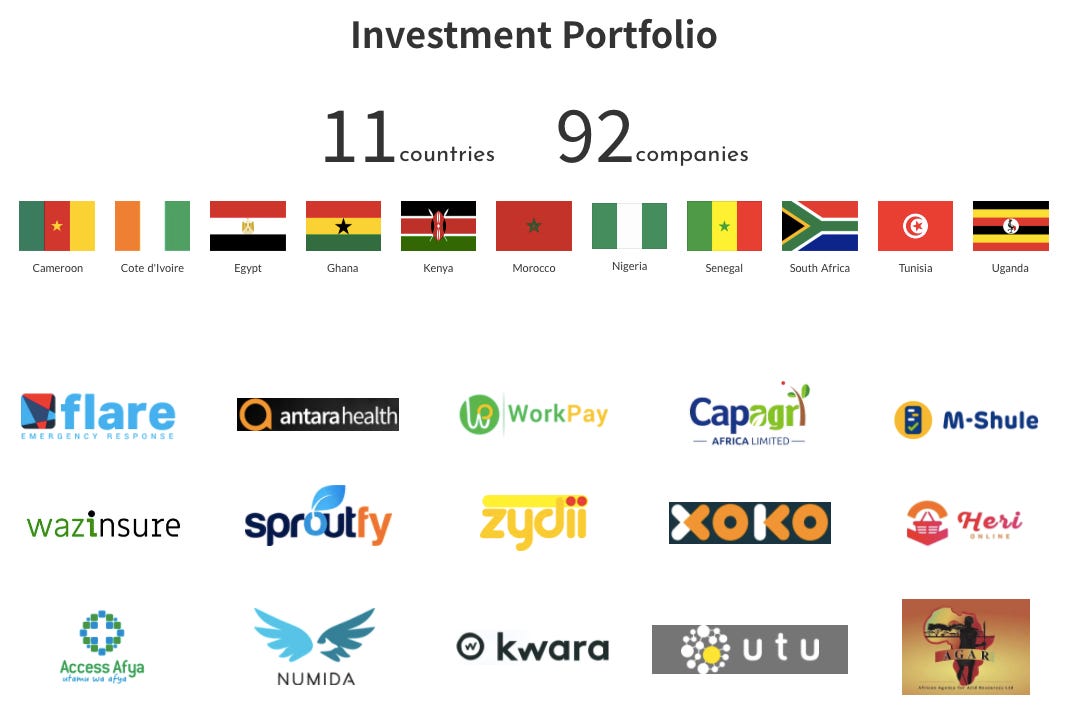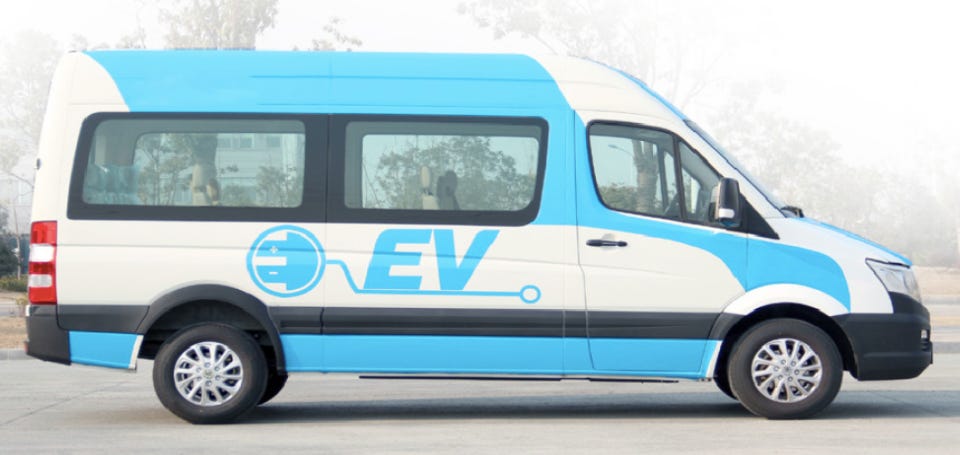Japan leading the way 🇯🇵
Japanese VC, Kepple Africa Ventures, the most active investor in African tech in 2020 is looking to retain that accolade in 2021. So far the company has backed 22 startups in the first seven months of the year.
Founded by Ryosuke Yamawaki and Takahiro Kanzaki in December 2018, the company has offices in Nairobi and Lagos and specialises in seed investments of between $50,000 and $150,000 in early-stage tech startups on the continent.
These 22 new investments so far this year take Kepple’s total portfolio size to 92 companies across 11 markets. Some of their most recent investments include Omnisient out of South Africa, Termii out of Nigeria and MoneyHash out of Egypt.
Fintech soaring
At a global level fintech is having a watershed moment. In the second quarter of this year it attracted $34 billion in venture capital funding. Put another way, 1 in every 5 dollars invested by VC’s has gone into fintech.
It’s no surprise that Nigeria’s first mobile-only bank, Kuda, recently secured a Series B round amounting to $55 million at a $500 million valuation. But when it comes to Nigerian fintech funding they’re merely playing catchup.
Besides Paystack’s $200 million sale to Stripe last year, Flutterwave raised over $200 million through its Series B and C rounds over the course of 2020 making it only the 4th unicorn on the African continent ($1 billion valuation).
Compared to other global fintech’s these valuations seem rather insignificant. Swedish “buy now, pay later” startup Klarna is valued at $46 billion. British neobank Revolut is valued at $33 billion and Brazilian Nubank is now worth $30 billion.
However, the one distinct advantage African fintech has over the rest of the world is its addressable market. Of the 2 billion unbanked people across the world 60% of those can be found in Africa.
Nigeria’s first electric vehicle
Yes, in spite of Nigeria’s volatile power supply and inferior roads, JET Motor Company has launched Nigeria’s first electric vehicle. Some might say that this is merely a clever PR move, but the company is intent on building the next “Tesla of Africa” according to its Sales and Marketing Director, Rupani Sanjay.
Following over three years of research, testing, and iterative development, the company has finally achieved its primary goal of bringing an electric vehicle to the African market.
According to Ebuka Uchendu, Technical Lead of the JET EV, the vehicle can travel 260-280km on a full charge. With the EV, he says, the number of engine parts reduces by almost 70%, thereby cutting maintenance costs. Operational costs also drop significantly with refuelling no longer being a requirement.
In the news 🚀
🇳🇬 Nigerian fintech startup Piggyvest, which helps its customers save and invest money, has acquired counterpart Savi.ng as it looks to grow its customer base further.
🇪🇬 Egyptian fintech startup CreditFins has secured an undisclosed pre-seed funding round.
🇪🇬 Egyptian gaming marketplace GamesBandy has received a $40,000 grant from Taqadam, a MENA startup accelerator to help continue its expansion across the region.




